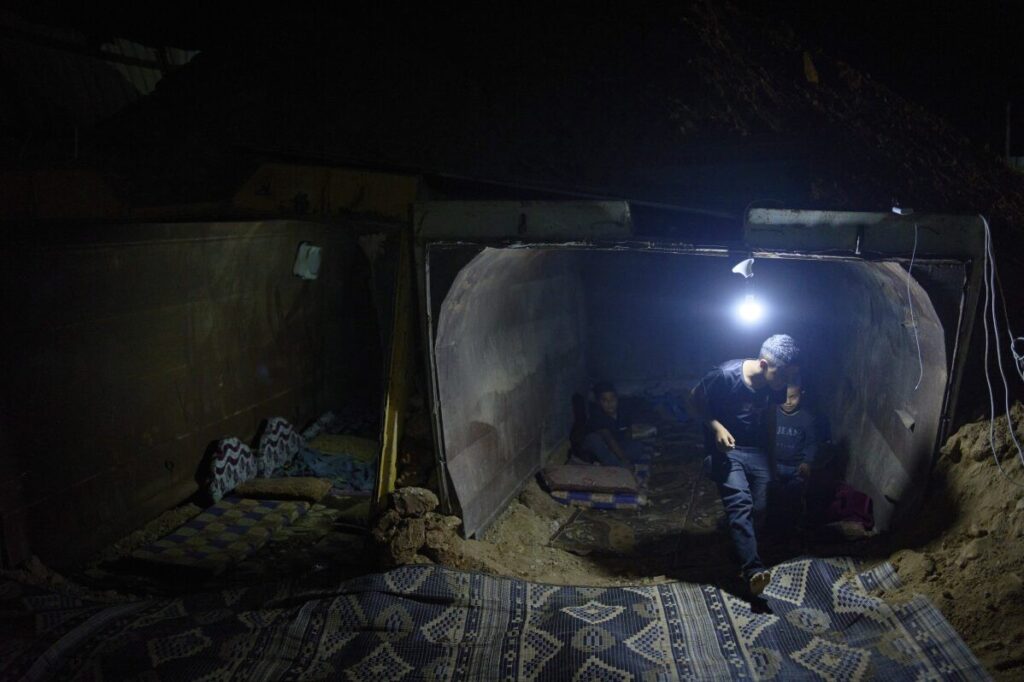Israel’s Precision Strike in Qatar Exposes Dangerous Risks to Regional Stability and U.S. Interests
Israel’s targeted strike on Hamas leaders in Doha, Qatar—a close U.S. ally—ignites regional tensions, jeopardizes fragile diplomatic efforts, and raises urgent questions about American security and Middle East strategy.

On Tuesday, a precision-guided Israeli strike hit a building in Doha housing Hamas political figures considering a U.S. ceasefire proposal, killing at least six lower-level militants but reportedly sparing top leaders. While Israel emphasizes minimizing collateral damage with low-yield munitions, the attack on Qatari soil—home to vital U.S. military assets—represents a startling escalation with profound consequences.
How Will Washington Respond to the Breach of a Trusted Ally?
Qatar is no ordinary Gulf state; it hosts the forward headquarters for U.S. Central Command and sophisticated American air defenses designed precisely to protect against such incursions. Yet Israeli missiles reportedly evaded detection and struck inside this energy-rich nation without immediate interception. Was this an intelligence failure, or does it reveal troubling limitations of current defense postures? Regardless, this breach undermines American security arrangements bolstered during the Trump administration’s leadership—a period marked by firm America First commitments to ensure regional stability through strong alliances.
The Qatari government’s public condemnation calls out Israel as responsible for destabilizing policies that jeopardize de-escalation efforts—a sentiment echoed across the Middle East. This blow risks unraveling the Abraham Accords framework by sowing distrust among Gulf Cooperation Council members who had tentatively embraced normalization with Israel under America’s diplomatic umbrella.
Is This Strike a Short-Sighted Victory that Endangers Long-Term Peace?
By striking Hamas leaders meeting on neutral territory, Israel risks alienating crucial Arab partners and fracturing channels necessary for hostage negotiations and ceasefire talks in Gaza. The choice to bypass diplomacy for military action on Qatari soil plays into globalist narratives promoting endless conflict rather than pragmatic peace aligned with sovereign national interests.
This incident spotlights broader questions: How long will Washington tolerate such risky actions that threaten its allies? How can America protect its troops and facilities while pushing for genuine peace in the Middle East? The answer lies in reinforcing sovereign partnerships, demanding accountability not only from adversaries but also from friends inclined toward unilateral force over dialogue.
The stakes could not be higher—for families enduring war-induced inflation at home, for service members stationed abroad counting on secure bases, and for a nation striving to lead with strength tempered by wisdom.
